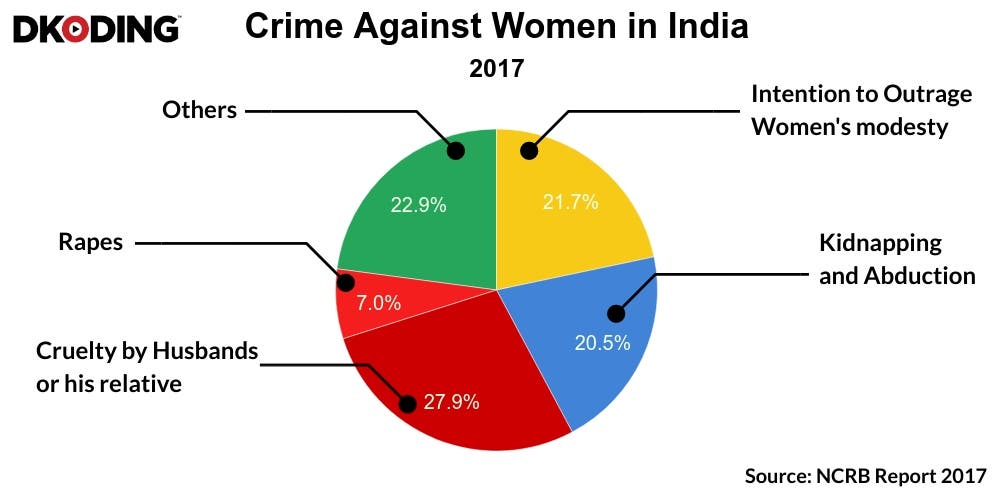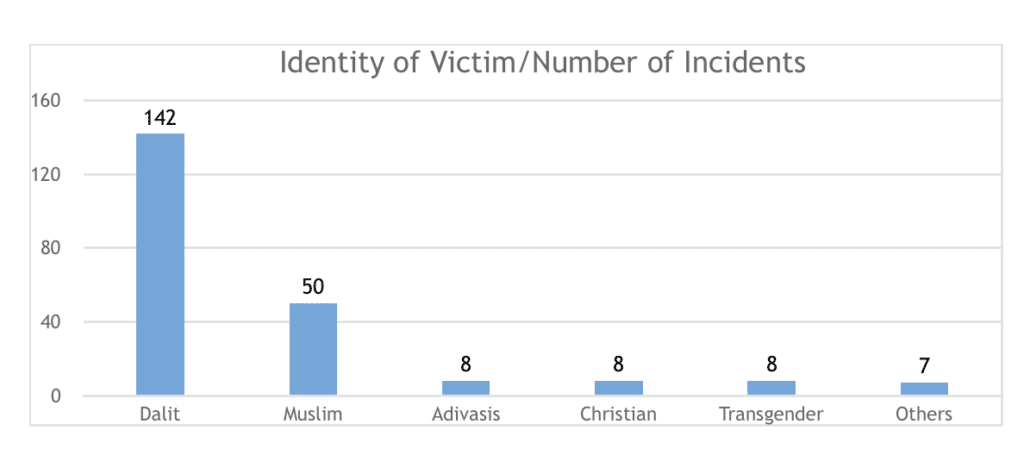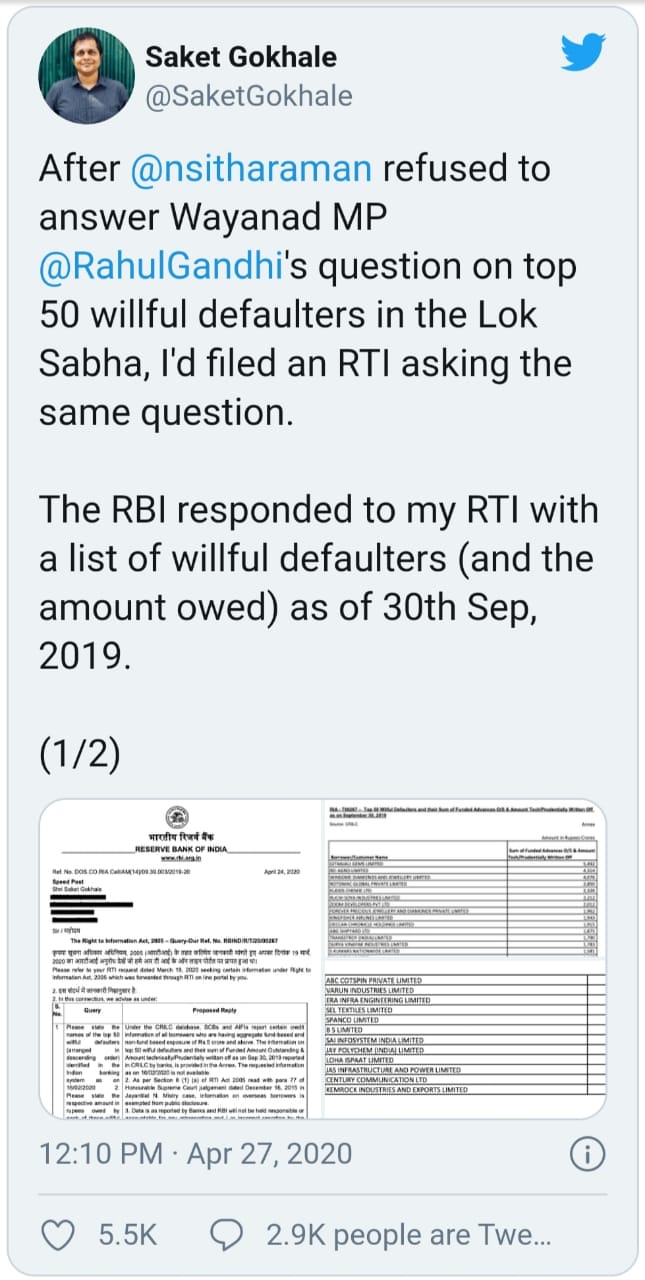“Management is doing things right; leadership is doing the right things.” -Peter Drucker
The management by our chosen leaders during the COVID-19 pandemic is in front of the world, whereas their leadership can be seen during the prime time debates on Indian news channels!
There have been many events during the BJP government which demanded proper exposure and coverage by the media but everything went unnoticed and as usual, the truth got subdued by the people holding the authority.
Here are a few such events which occurred and forgotten in a little period:-
Migrant Crisis
The recent and biggest example of the government’s poor management is the migrant crisis faced by the migrant labourers and their families amid the lockdown due to the COVID-19 pandemic.
More than 300 migrants lost their lives reported till 5 May, with reasons ranging from starvation, suicides, exhaustion, road and rail accidents, police brutality, and denial of timely medical care.

According to data collated by the SaveLIFE Foundation, a road safety NGO, there were at least 1,461 accidents throughout the nationwide lockdown – from March 25 to May 31 – in which at least 750 people were killed, including 198 migrant workers and 1,390 got injured.
As per the government report, there was enough food grain stocked up in the Food Corporation of India (FCI) godowns to feed the poor for at least a year-and-a-half but the distribution system failed to be effective.
The deteriorating condition of Indian Media
Media is the fourth pillar of democracy. It makes us heedful of different social, political, and financial practices ongoing in a state. India ranks 142 out of 180 countries in the 2019 World Press Freedom Index published by the Reporters without Borders. India’s rank is coherently deteriorating since BJP came into power.
 In India, freedom of the press is intended from the freedom of speech and expression guaranteed under Article 19(1)(a) of the Indian Constitution. Freedom of speech and expression holds the right to impart and acquire information which incorporates the freedom to hold opinions.
In India, freedom of the press is intended from the freedom of speech and expression guaranteed under Article 19(1)(a) of the Indian Constitution. Freedom of speech and expression holds the right to impart and acquire information which incorporates the freedom to hold opinions.
A report published by Delhi-based Rights and Risk Analysis Group (RRAG) states that as many as 55 journalists “faced arrest, registration of FIRs, summons or show-cause notices, physical assaults, alleged destruction of properties and threats” for reporting on COVID-19 or “exercising freedom of opinion and expression during the national lockdown between March 25 and May 31, 2020.”
During the initial phase of the pandemic, most of the news channels were busy casting the Tablighi Jamaat responsible for the crisis in the country instead of placing the light on other critical events.
Women’s Safety and Security
The government has repeatedly claimed that they are committed to women’s safety and security, the data says otherwise. According to the National Crime Records Bureau (NCRB), the 2017 report for ‘Crime in India’ which was released after a delay of more than one and a half years shows 16% increase in crimes against women in Narendra Modi led BJP government.
Government data shows reported cases of crime against women rose by 83% between 2007 and 2016.

In 2018, India was ranked as the world’s most dangerous country for women by the London-based Thomson Reuters Foundation, in terms of a high risk of sexual violence, human trafficking, including sex slavery and domestic servitude, and for customary practices such as forced marriage, stoning, and female infanticide.
According to the National Commission for Women (NCW), the cases of crime against women particularly domestic violence during the country lockdown has increased significantly.
The hypocrisy level can be measured by the fact that according to the Economic survey, the gender gap in the Indian labour force is over 50%. Add to that, the fact that women have zero representation in the important discussions held by the PMO.
Crimes Against Minorities
There is no denial in the fact that the crime against Dalits, tribal groups, and religious minorities have surged during this government’s tenure.
During the release of the NCRB report for 2017, the NewYork Times stated in its article, “Officials in the administration of Prime Minister Narendra Modi had tracked many types of crimes, but they selectively released results, choosing to share figures about attacks committed by left-wing extremists but not religious-based crimes or violence against journalists.
This comes at a time when there has been a proliferation of caste-based and religious-based hate crimes.”
Amnesty International’s India chapter said it had recorded a ‘disturbing’ figure of hate crimes, including assault, rape, and murder, against marginalised groups in 2018.

In 2019, during the UN Human Rights Council in Geneva, Michelle Bachelet, the United Nations human rights chief said in her annual report, “We are receiving reports that indicate increasing harassment and targeting of minorities – in particular, Muslims and people from historically disadvantaged and marginalised groups, such as Dalits and Adivasis”.
The government has been successful in scapegoating, repressing, and discriminating against minorities. There have been many reports which exposed the stinging fact about the rising crimes against the minorities in India during the nationwide lockdown.
This has enabled conditions that could expose many minorities to a greater threat from this global crisis.
Writing off defaulters loans
During an election campaign, every political party mentions the farmers in their manifesto but the number of Indian farmers committing suicide due to the lack of resources to feed their family and hight debts on their shoulders is shocking. And amid all this chaos Indian Banks have written off loans of top 50 wilful defaulters worth whopping Rs 68,607 crore is beyond shamelessness.
Yes, Indian banks have written off the debt of top 50 willful defaulters till September 30, 2019, said the Reserve Bank of India (RBI) on 24 April 2020, in response to a petition filed under the Right to Information (RTI) Act.
The list, however, doesn’t include overseas borrowers as it is exempted from public disclosure.
This important news came amid the COVID-19 crisis when the whole nation was busy looking for measures to prevent the loss. Thus, this news went unnoticed to many people.
The top defaulters of the list included Gitanjali Gems, owned by Mehul Choksi, with Rs 5,492 crore written off. Followed by REI agro of Sandip Jhunjhunwala, with Rs 4,314 crore and Winsome Diamonds and Jewellery of Jatin Mehta, with Rs 4,076 crore written off.
Why are our financial institutions letting absconders go scot-free, won’t it set an awful precedent for other borrowers?
Many crucial decisions have been made by the government amid the pandemic crisis to keep the public astray. The government of India, which is of its people, by its people, and for its people is fleeing from their responsibilities towards the citizens by asking them to become ‘AATM-NIRBHAR’
[zombify_post]



